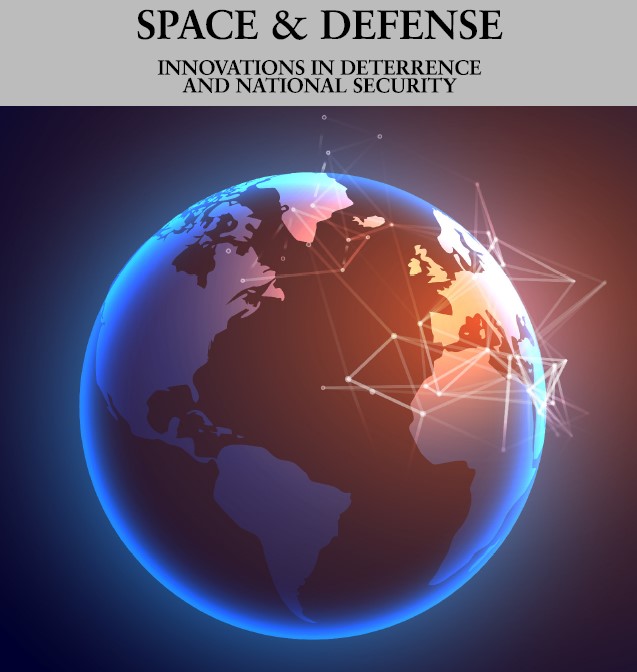Space and Defense

Abstract
This article examines South Korea’s clandestine nuclear weapons program of the 1970s as a historical case study for understanding how perceptions of allied abandonment can drive nuclear proliferation. Drawing on alliance theory and archival evidence, the paper situates Seoul’s nuclear ambitions within the context of U.S. burden-shifting under the Nixon Doctrine, subsequent troop withdrawals, and diplomatic retrenchment across East Asia. Despite the continued U.S. military presence, South Korean leaders interpreted American rhetoric and policy actions as signaling a waning commitment to the alliance, prompting the initiation of a secret weapons program under President Park Chung-hee. The study identifies two enduring lessons for U.S. policymakers: first, that rhetoric aimed at domestic or regional audiences can reverberate globally with destabilizing consequences; and second, that allied fear of abandonment may be more dangerous than actual withdrawal. The article concludes that while burden-sharing remains a legitimate strategic goal, poorly calibrated messages about retrenchment risk encouraging nuclear proliferation among allies—undermining both nonproliferation and alliance stability.
DOI
10.32873/uno.dc.sd.16.02.1320
Creative Commons License

This work is licensed under a Creative Commons Attribution 4.0 License.
Recommended Citation
Brown, Joseph W.
(2025)
"Allied Abandonment and Nuclear Proliferation: Lessons from South Korea’s Secret Nuclear Program,"
Space and Defense: Vol. 16:
No.
2, Article 8.
DOI: 10.32873/uno.dc.sd.16.02.1320
Available at:
https://digitalcommons.unomaha.edu/spaceanddefense/vol16/iss2/8
Included in
Asian Studies Commons, Aviation and Space Education Commons, Defense and Security Studies Commons, Eastern European Studies Commons, International Relations Commons, Leadership Studies Commons, Near and Middle Eastern Studies Commons, Nuclear Engineering Commons, Science and Technology Studies Commons, Space Vehicles Commons
